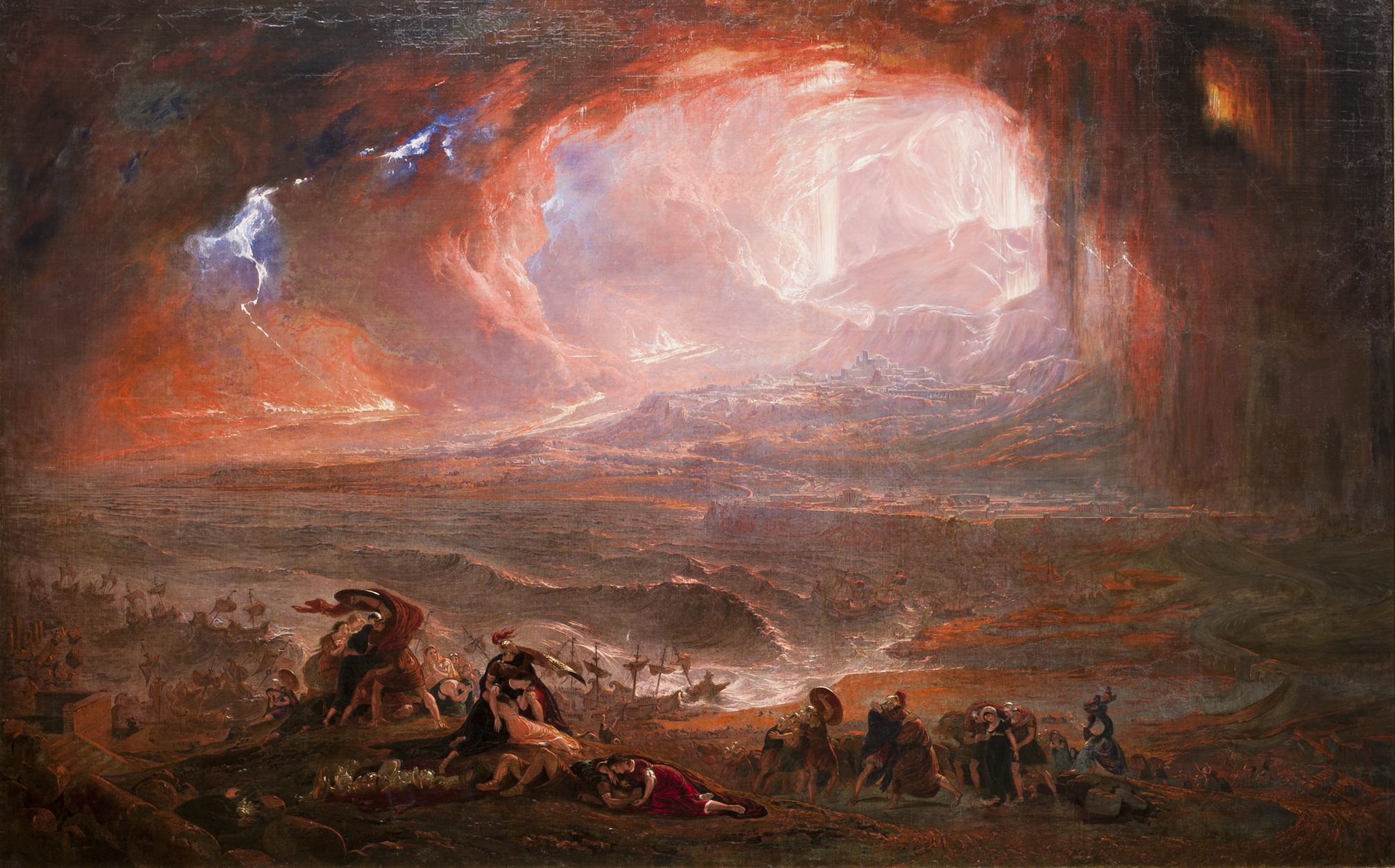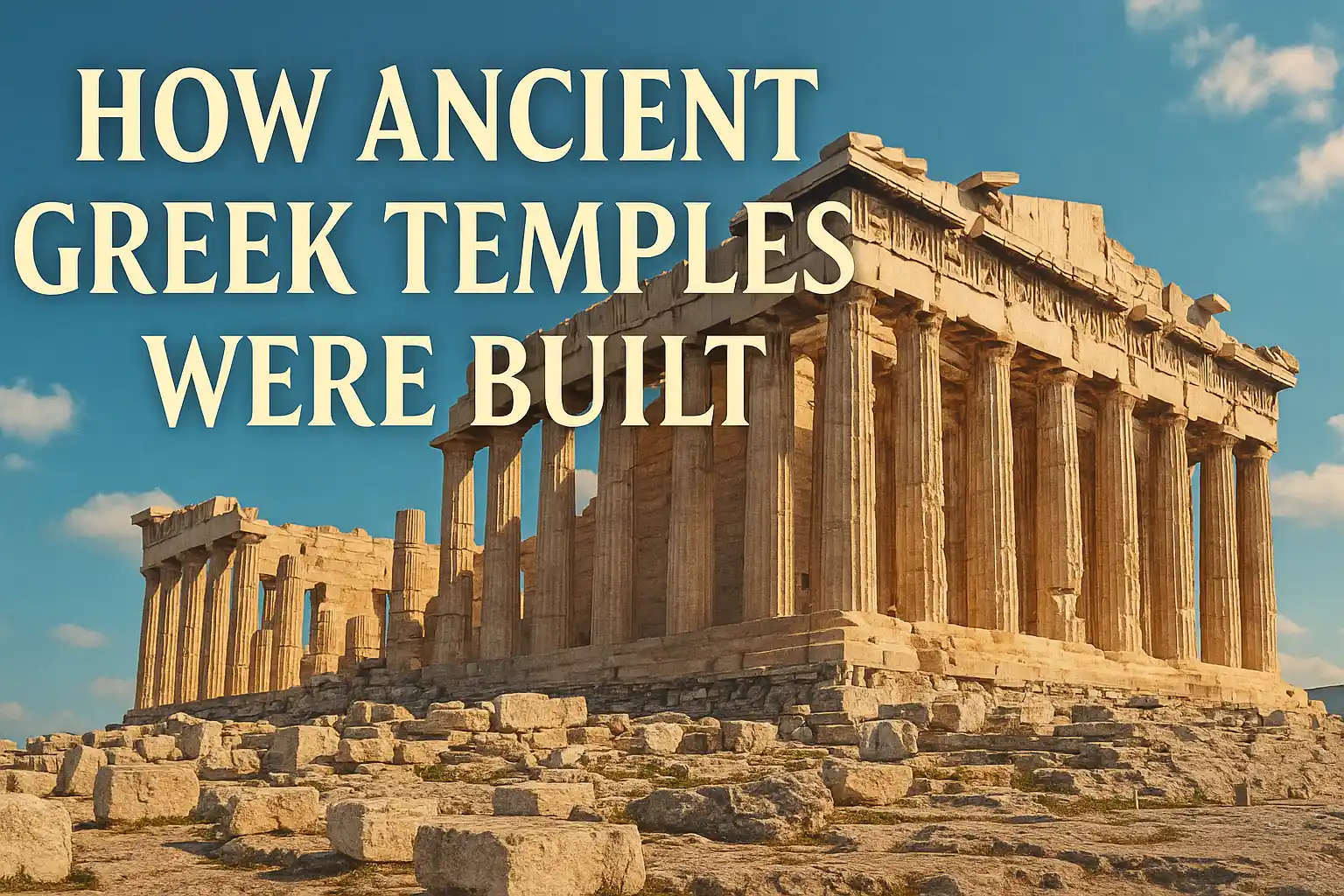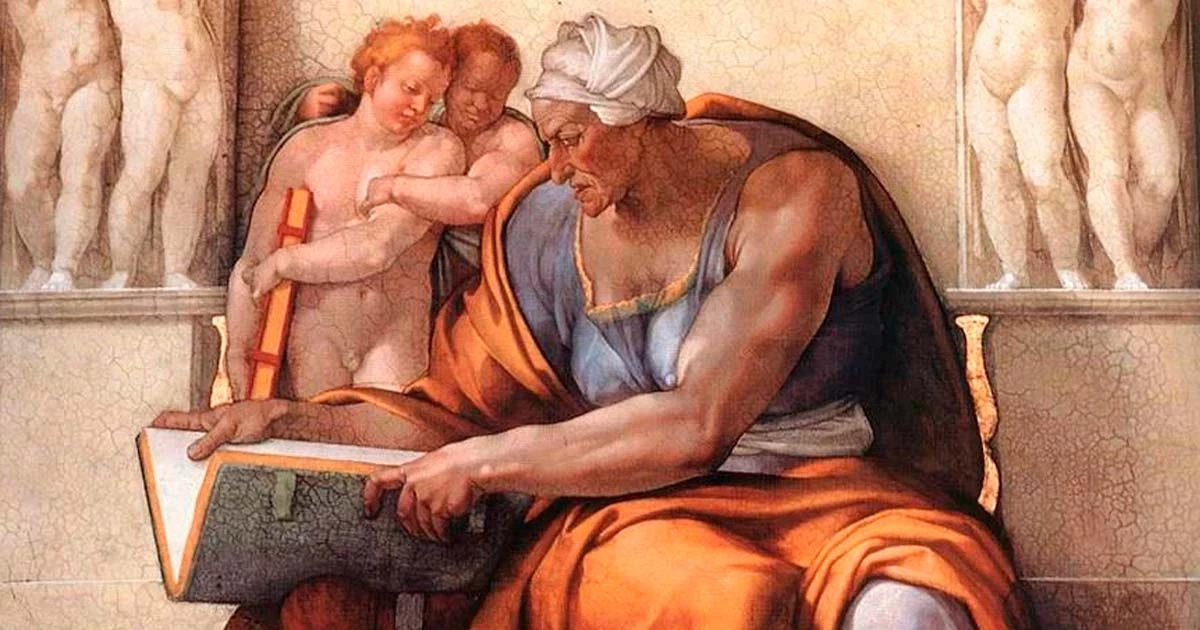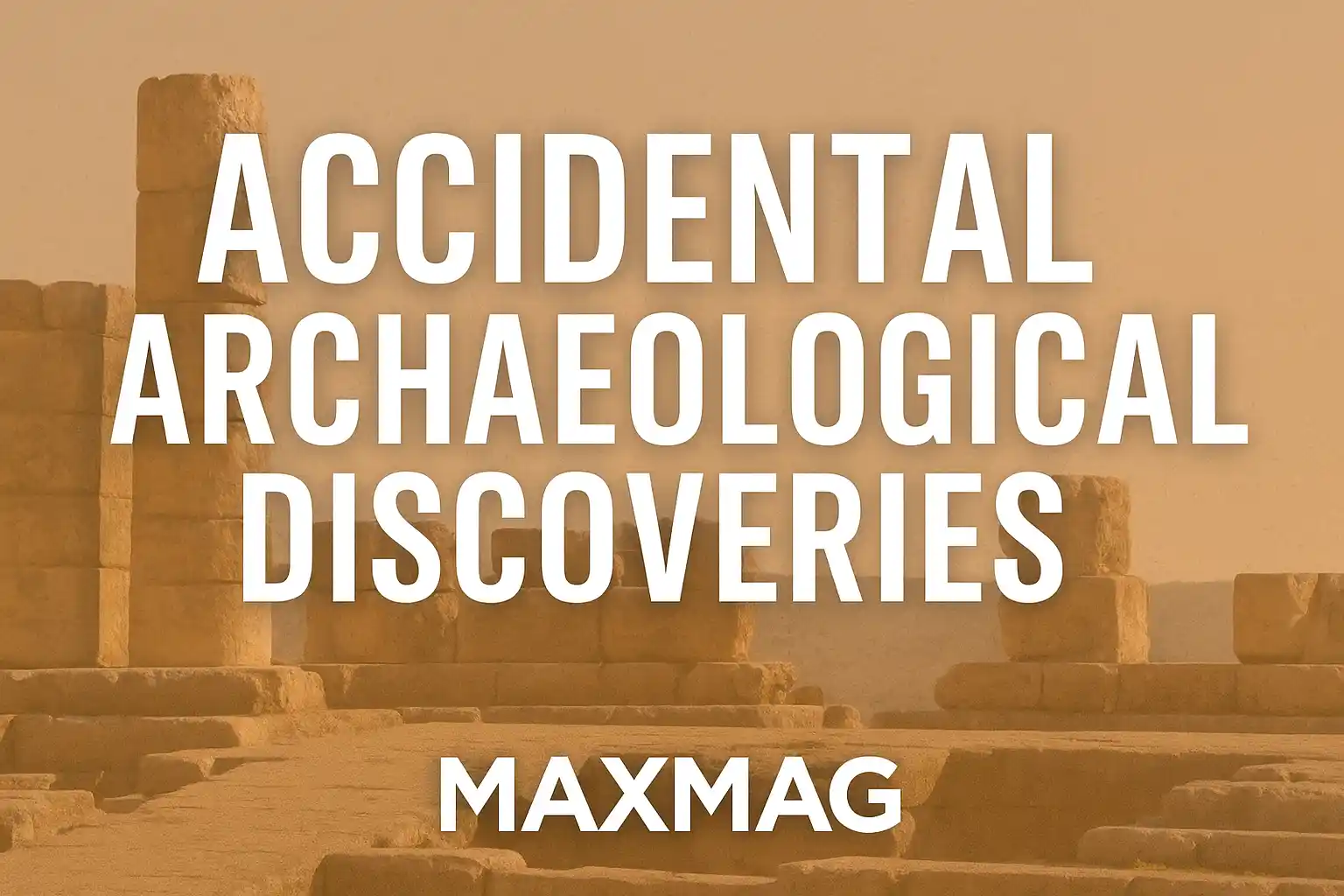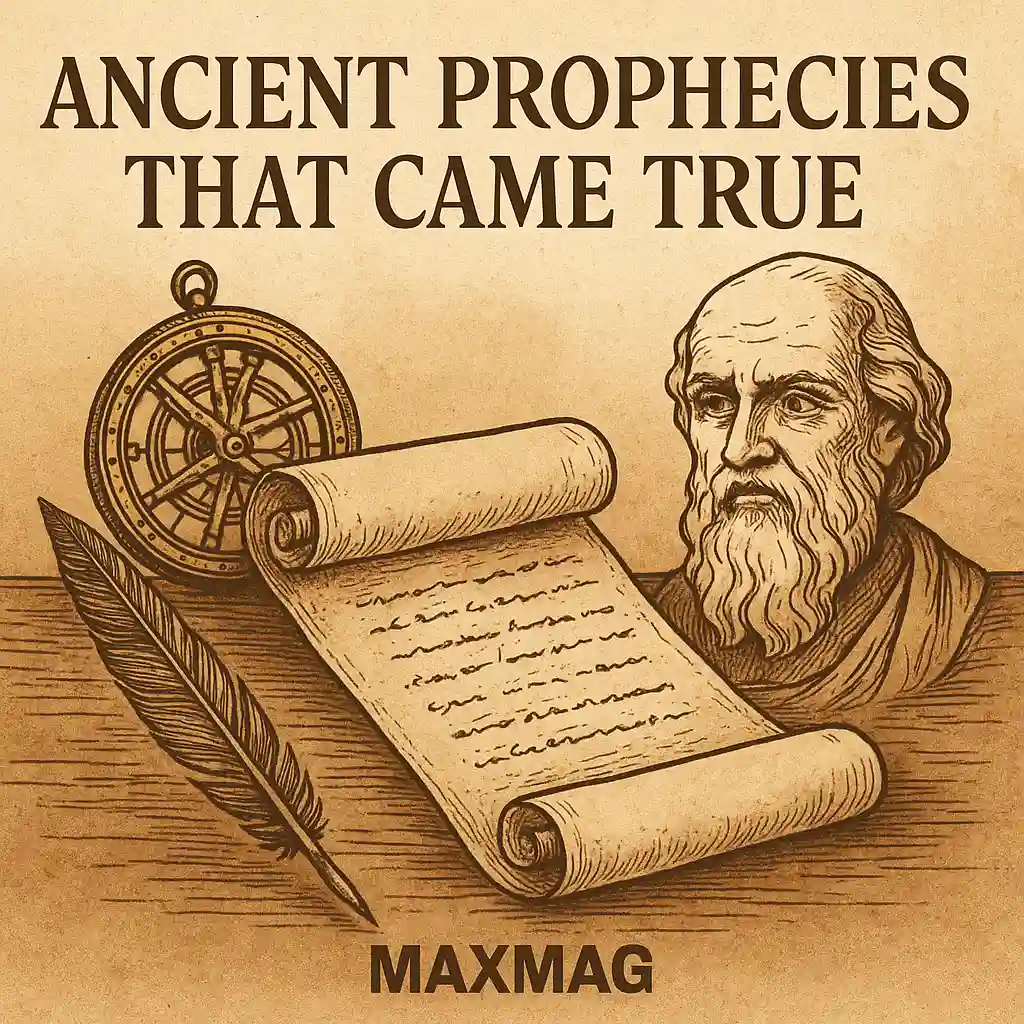
For thousands of years, civilizations across the globe have attempted to decode the mysteries of the future. From sacred oracles to dream interpretations and celestial signs, prophecy was not only a spiritual practice—it was a source of power, fear, and social order. Surprisingly, there are many ancient prophecies that came true, predictions that eerily aligned with real events in history and still baffle modern scholars.
1. The Babylonian Eclipse Warnings
Long before telescopes and satellites, Babylonian scholars were carefully observing the skies. By the second millennium BCE, they had recorded extensive astronomical data—particularly focusing on lunar eclipses. But these were not just scientific notes; they were warnings.
Clay tablets from the era, such as those housed in the British Museum, link specific eclipse patterns to events like famine, rebellion, or the fall of kings. One prophecy foretold that an eclipse at a particular time of night could signal the death of a ruler.
In 763 BCE, an eclipse was recorded over Assyria—and shortly afterward, the kingdom was struck by insurrections and decline. Whether this fulfilled a prophecy or simply matched a feared omen, the connection left a lasting impression.
2. Thales and the Sun That Stopped a War
According to ancient sources, Thales of Miletus—one of Greece’s earliest philosophers—predicted a solar eclipse that occurred during a battle between the Medes and Lydians around 585 BCE. When the sky suddenly darkened mid-fight, both armies interpreted it as a sign from the gods and agreed to a ceasefire.
While the method Thales may have used remains debated, modern astronomical models confirm an eclipse happened in that region on May 28, 585 BCE. Could Thales truly have foreseen it, or was it credited to him after the fact? Either way, it remains a striking case of ancient prophecies that came true—with geopolitical consequences.
3. Cassandra: The Seer No One Believed
In Greek mythology, Cassandra, daughter of King Priam of Troy, was blessed with the gift of foresight by the god Apollo. But when she rejected his advances, he cursed her so no one would believe her warnings. Cassandra foretold the destruction of Troy, the deception of the wooden horse, and her own death—but her voice was ignored.
Though mythological, Cassandra’s story continues to resonate as a metaphor for ignored truth. The idea that someone can be entirely right yet dismissed is deeply human, and her tale remains one of the most chilling illustrations of prophecy’s burden.
4. The Sibylline Books: Rome’s Secret Wisdom
In Roman tradition, the Sibylline Books were a collection of prophetic texts stored in the Temple of Jupiter. According to legend, a Sibyl offered nine books to the last king of Rome, who refused her high price. She burned three and offered the remaining at the same cost. He refused again. After she burned three more, he finally bought the last three at the full price.
These books were consulted during emergencies such as plagues, foreign threats, or natural disasters. While the original texts were lost in a fire in 83 BCE, later compilations played a guiding role in major state decisions, reinforcing the idea that prophecy could shape policy.
🔗 Detailed entry on Roman prophecy from the Library of Congress
5. Eunus: A Slave’s Prophetic Rise to Power
In 135 BCE, Sicily was shaken by the First Servile War, led by Eunus—a Syrian slave who claimed he received divine visions. Before the revolt, Eunus would put on public “prophecy shows,” breathing fire (likely with sulfur) and speaking in divine tongues. He predicted he would lead a great rebellion and become king.
Remarkably, his prophecy became reality. Eunus led a powerful uprising and declared himself ruler of a short-lived rebel state. Though eventually defeated, his story illustrates how prophetic belief can inspire real revolution and historical change.
6. The Oracle of the Lamb: Egypt’s Forgotten Vision
A rare papyrus known as the Oracle of the Lamb, dated to Egypt’s early Roman period, paints a grim vision of societal collapse. In it, a talking lamb speaks of desecrated temples, the rise of foreign rulers, and spiritual corruption. Though symbolic, the imagery eerily reflects the political instability Egypt faced under Roman domination.
While not widely known, this text shows how prophecy was used to voice cultural trauma and anticipate profound change. Its symbolic warnings resemble real events that followed, earning it a place among ancient prophecies that came true in spirit, if not in precise detail.
7. Alexander the Great’s Divine Encounter at Siwa
In 331 BCE, Alexander the Great journeyed deep into the Egyptian desert to consult the Oracle of Amun at Siwa Oasis. The oracle’s words were never recorded, but Alexander left convinced he was not only king but a living god—possibly the son of Zeus.
This prophecy became central to his identity and ambition, fueling his legendary conquests across Asia. Whether it was a staged affirmation or a genuine mystical experience, the encounter solidified Alexander’s place as both emperor and myth.
🔗 Read more about Alexander’s campaigns on National Geographic
Prophecy, Power, and the Human Mind
Why do so many ancient prophecies that came true still captivate us today? Perhaps it’s because they reflect something deeper: the human desire for order in chaos, for meaning in misfortune, and for purpose in progress. Whether celestial omens or whispered warnings from oracles, prophecies allowed ancient societies to navigate the unpredictable future.
In a world overwhelmed by information, prophecy remains a timeless reminder of how we seek certainty—even when it comes from the mysterious and the divine.
🔙 Interested in other mysterious ancient beliefs? Don’t miss this article on real ancient fertility goddesses on Maxmag.org.
❓ FAQ: Ancient Prophecies That Came True
Q1: Were ancient prophecies based on real science or superstition?
A: Some, like Babylonian eclipse predictions, were rooted in systematic observation. Others were mystical or symbolic.
Q2: Did prophecies affect politics and wars?
A: Absolutely. From Roman decisions based on the Sibylline Books to Alexander’s divine status fueling conquest, prophecy was often political.
Q3: Are there modern equivalents to ancient prophecies?
A: Yes—while modern forecasting relies on data, political predictions, economic models, and even climate warnings play similar cultural roles.
Q4: What’s the most famous prophecy in history?
A: Nostradamus is the modern favorite, but Thales’ eclipse and the Trojan Cassandra remain legendary.
Q5: Why are unfulfilled prophecies remembered?
A: They offer psychological comfort, warnings, or entertainment. People remember stories that challenge the limits of knowledge.

